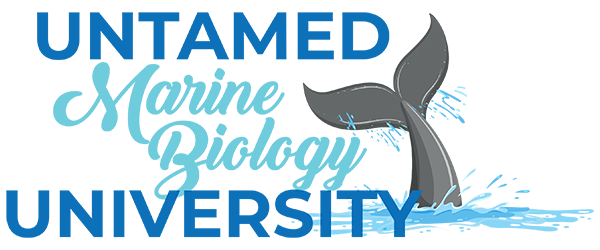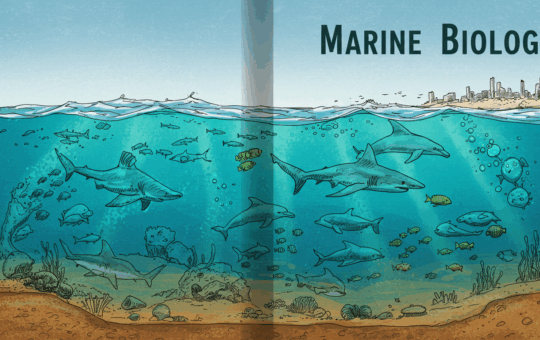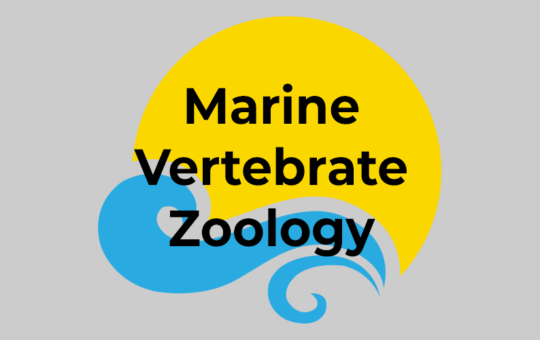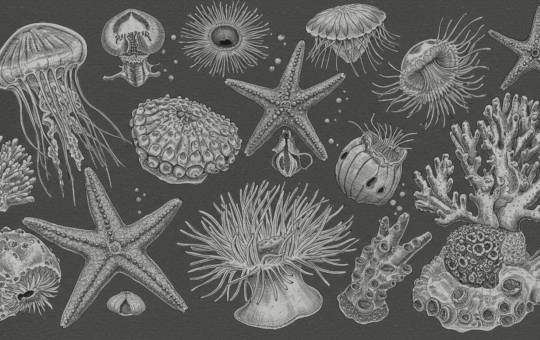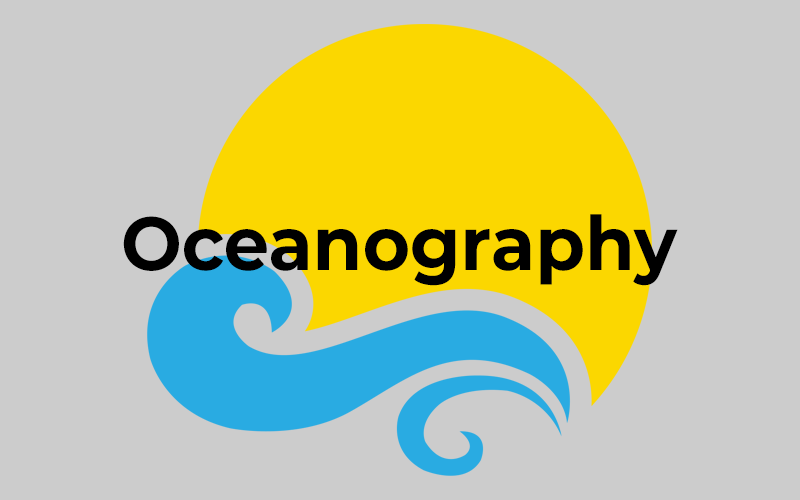
Oceanography
Oceanography is the comprehensive study of the physical, chemical, biological, and geological aspects of the ocean. This course provides students with a broad understanding of oceanic processes and the critical role oceans play in Earth's climate system and ecological balance. Students will explore the physical properties of seawater, such as temperature, salinity, and density, and their impact on ocean circulation, waves, and tides. The course also covers chemical oceanography, examining the composition of seawater, nutrient cycles, and the ocean's role in the global carbon cycle.
In addition to physical and chemical aspects, the course delves into biological oceanography, focusing on the diversity of marine life and the productivity of oceanic ecosystems. Students will study the various marine habitats, from coastal zones and coral reefs to the open ocean and deep-sea environments, understanding how these ecosystems function and support a vast array of species. Geological oceanography is also a key component, exploring the structure and formation of the ocean floor, including mid-ocean ridges, trenches, and seamounts. Through lectures, laboratory work, and field studies, students will gain a comprehensive understanding of oceanographic principles and develop the skills necessary for careers in marine science, environmental management, and research.
Curriculum
- 6 Sections
- 18 Lessons
- 1 Quiz
- 0m Duration
Section 1: Introduction to Oceanography
- Chapter 1: Overview of Oceanography
- Chapter 2: History of Oceanography
- Chapter 3: The World's Oceans
Section 2: Physical Oceanography
- Chapter 4: Properties of Ocean Water
- Chapter 5: Ocean Circulation
- Chapter 6: Waves and Tides
Section 3: Chemical Oceanography
- Chapter 7: Chemical Composition of Seawater
- Chapter 8: Biogeochemical Cycles
- Chapter 9: Marine Pollution
Section 4: Biological Oceanography
- Chapter 10: Marine Primary Production
- Chapter 11: Marine Food Webs
- Chapter 12: Marine Biodiversity
Section 5: Geological Oceanography
- Chapter 13: Structure of the Ocean Floor
- Chapter 14: Plate Tectonics and Ocean Basins
- Chapter 15: Marine Sediments
Section 6: Human Interaction with the Ocean
- Chapter 16: Ocean Resources
- Chapter 17: Climate Change and the Ocean
- Chapter 18: Conservation of Marine Environments
